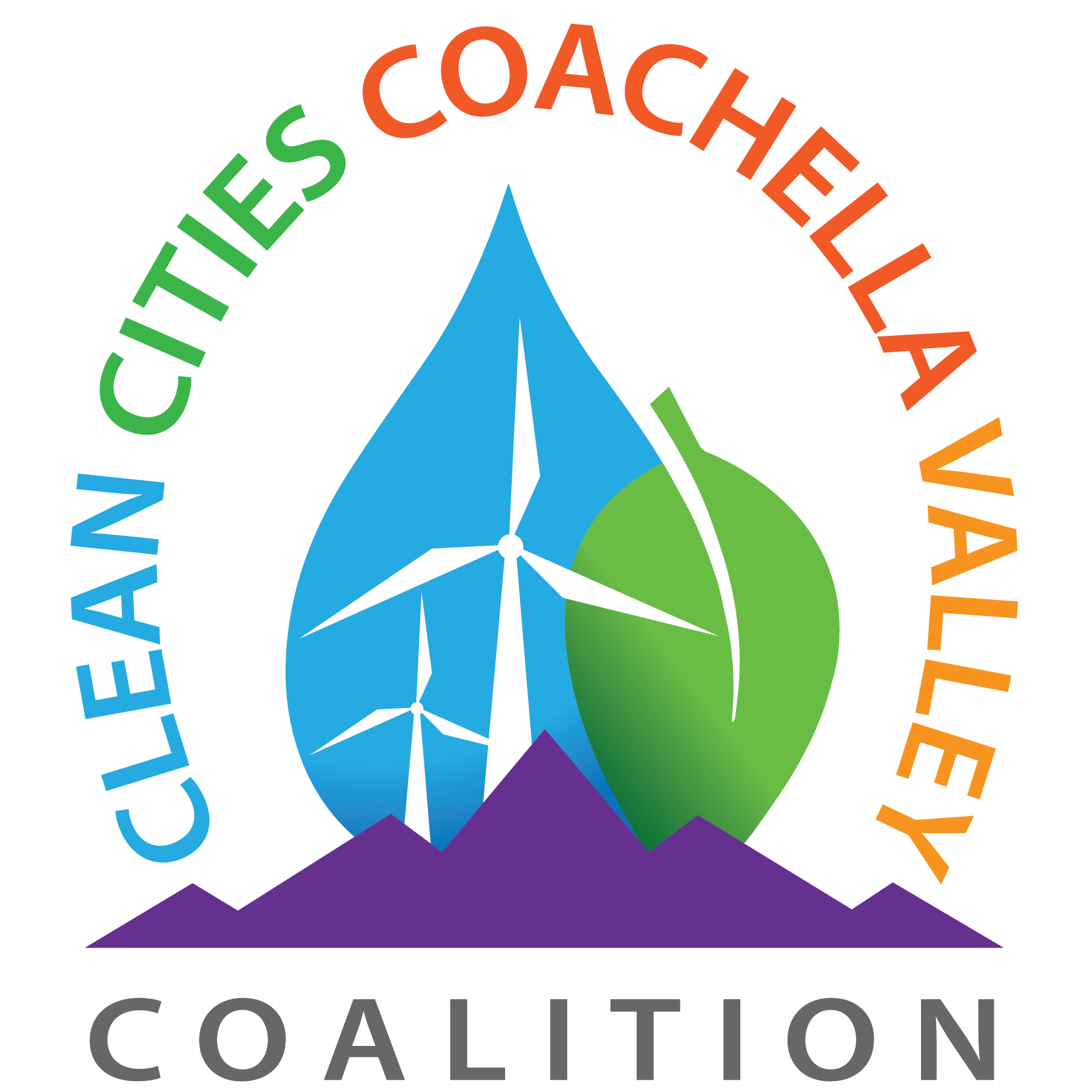Alternative Fuels
The best way to advance the use of alternative fuels is to educate the public and local fleets on the different types of alternative fuels available.
Biodiesel and Renewable Hydrocarbon Biofuels
Biodiesel is a renewable fuel that is manufactured from vegetable oils, animal fats or recycled restaurant grease. It is used in diesel vehicles or any equipment that operates on diesel fuel. Biodiesel’s physical properties are similar to those of petroleum diesel, but it is a cleaner-burning alternative. Learn About Biodiesel and Diesel Vehicles
Renewable hydrocarbon biofuels are fuels produced from biomass sources through a variety of biological, thermal and chemical processes. These products are similar to petroleum fuels in chemical makeup, and are therefore considered infrastructure-compatible fuels. It is expected that these fuels can be used in vehicles without requiring engine modifications, along with use in existing petroleum fuel pipelines and retail distribution systems. Learn About Renewable Hydrocarbon Biofuels
Electricity
Electricity can be used to power plug-in electric vehicles (PEVs), including all-electric vehicles and plug-in hybrid electric vehicles. These vehicles can draw electricity directly from the grid and other off-board electrical power sources to store in batteries. In contrast, hybrid electric vehicles are fueled with liquid fuels, like gasoline; however, they use batteries to recapture energy otherwise lost during braking (ultimately, boosting fuel economy). Hybrid and plug-in electric vehicles can help increase energy security, improve fuel economy, lower fuel costs and reduce emissions. Learn About Electric Vehicles
Ethanol
Ethanol is an alternative fuel which is derived from various plant materials or "biomass." It is a clean-burning fuel that can reduce greenhouse gas emissions by as much as 50% when compared to traditional forms of fuel. This fuel is most easily extracted, primarily from starch and sugar-based feedstock derived from products like barley, corn and wheat. Ethanol can be found in more than 96% of all gasoline sold, accounting for approximately 10 percent of the nation's gas supply. Learn About Ethanol and Flexible Fuel Vehicles
Hydrogen
Hydrogen (H2) is an alternative fuel that can be produced from diverse domestic resources. Although hydrogen is in its infancy in the market as a transportation fuel, governments and industries are working toward clean, economical, and safe hydrogen production and distribution for widespread use in fuel cell electric vehicles (FCEVs). FCEVs – powered by hydrogen -- are beginning to enter the consumer market in localized regions around the world. The market is also being developed for buses, material handling equipment (such as forklifts), ground support equipment, medium- and heavy-duty vehicles, and stationary applications. Fuel cell electric vehicles (FCEVs) are powered by hydrogen. They are more efficient than conventional internal combustion engine vehicles and produce no tailpipe emissions. They only emit water vapor and warm air. Learn About Hydrogen and Fuel Cell Vehicles
Natural Gas
Natural gas, a domestically-produced gaseous fuel, is readily available through the existing natural gas distribution system. Whether produced via conventional or renewable methods, this clean-burning alternative fuel must be compressed or liquefied for use in vehicles. Learn About Natural Gas and Natural Gas Vehicles
Propane
Also known as liquefied petroleum gas (LPG) or propane autogas, propane is a cleaner-burning alternative fuel that's been used for decades to power light-, medium- and heavy-duty propane vehicles. Propane has a high-octane rating, and is produced as a by-product of natural gas processing and crude oil refining. Learn About Propane and Propane Vehicles
Locate Alternative Fueling Stations in the United States & Canada
Find alternative fueling stations in the United States and Canada here:







